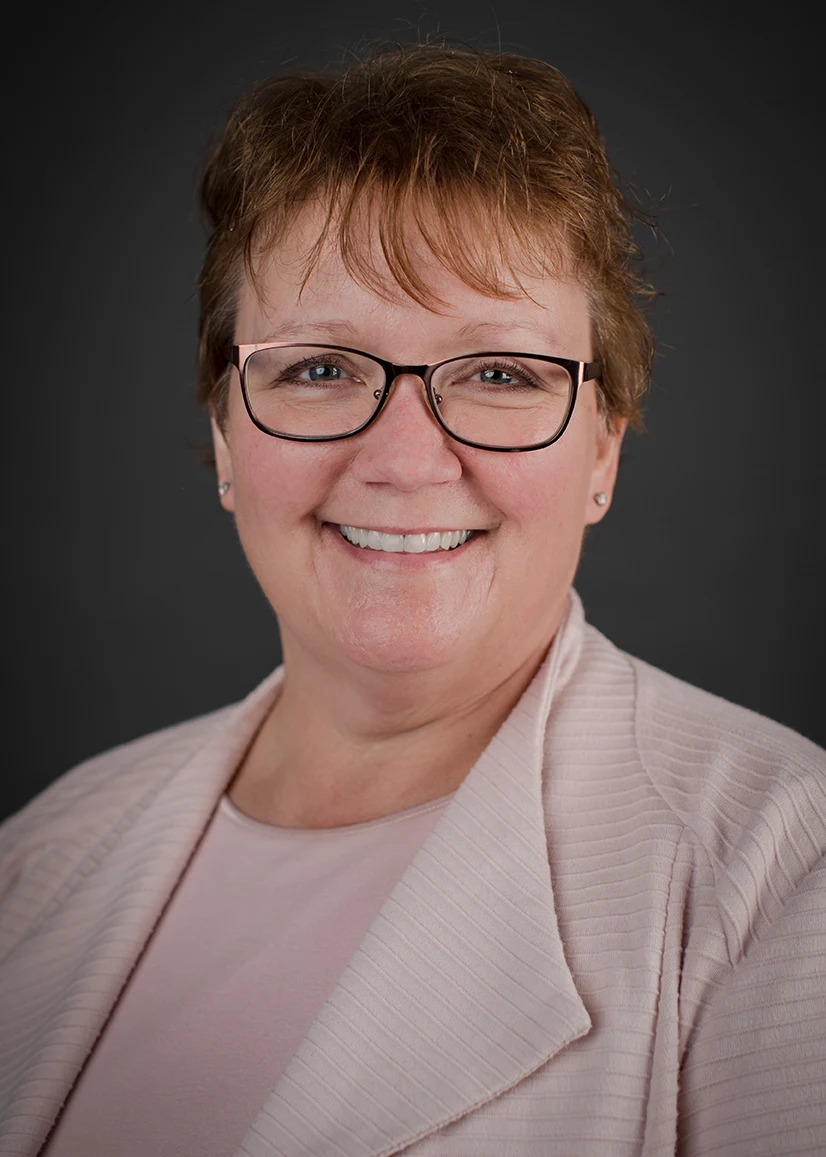




Grief
Grief Series: My Caregiver Role is Over, Now What?
Published: Sept. 5, 2021

When you are the caregiver for your loved one, you can be in that role for a few days or a span of several years. There is a difference between being in the role of the primary caregiver and being in the role of the wife or husband or daughter or friend. It is a role you take on out of love, but few realize how difficult of a role it is. When the person you have been caring for dies, you are suddenly left without that caregiver role.
Oftentimes, there is a relief in being released from that role. Being a caregiver is emotionally and physically exhausting. It is natural to feel some strain has been lifted and some freedom gained after the death of your loved one. This is where guilt often sets in - feeling guilty because the burden of caring for the person has been lifted. Know that it is common to feel that relief and it is okay to allow yourself to let the caregiver role go.
Some caregivers spend weeks and months in a routine of having their lives revolve around what is happening with their ill loved one. Every moment depends on how that person is feeling, the energy he has, appointments to be kept, regulating medications, and providing general care. Your own plans are often changed last minute because of a need of the person. It is no wonder that you feel some amount of reprieve from all of that after your loved one’s death.
It is common to feel overwhelmed with the incredible responsibility that comes with being a caregiver and just as common to feel lost without that responsibility. What do you do with all of this open space of time now that every moment is no longer taken up by caring for your loved one? That space can feel pretty empty.
- Reconnect with people. Likely, you reduced your social life during your caregiving time. Now’s the time to renew your connections with others. Avoid isolating yourself.
- Return to hobbies you enjoyed or begin new ones.
- Take a class at the local community college.
- Complete a project about or in honor of your loved one. Focus on his positive characteristics and surround yourself with memories of how she was before she became ill. This can help you to get back into that role of husband, wife or child rather than that of the nurse or medication aide.
Losing someone close can be difficult to handle alone. Do you need help? Call (800) 801-4182 or (402) 354-8000 to schedule a confidential appointment.
More Resources
Written by Amy Monzingo, MS, LMHP, LMHC, Best Care EAP counselor, the 12-part Grief Series deals with all kinds off issues individuals go through on their grief journey. Whatever the cause of your grief, there are healthy ways to cope with the pain that, in time, can ease your sadness and help you come to terms with your loss and eventually move on with your life.
- Part 1: I'm Suffering From Heartache
- Part 2: My Caregiver Role is Over, Now What?
- Part 3: I Don't Want to Talk to Anyone
- Part 4: I Am So Angry
- Part 5: I Can't Imagine the Holidays Now That My Loved One is Gone
- Part 6: How Do I Get Past the Guilt?
- Part 7: I Still Talk to My Loved One
- Part 8: Memories are Painful
- Part 9: People Think I Should Be Grieving Faster Than I Am
- Part 10: What Do I Do With My Loved One's Things?
- Part 11: What Stage of Grief Am I In?
- Part 12: How Do I Handle Special Days?

